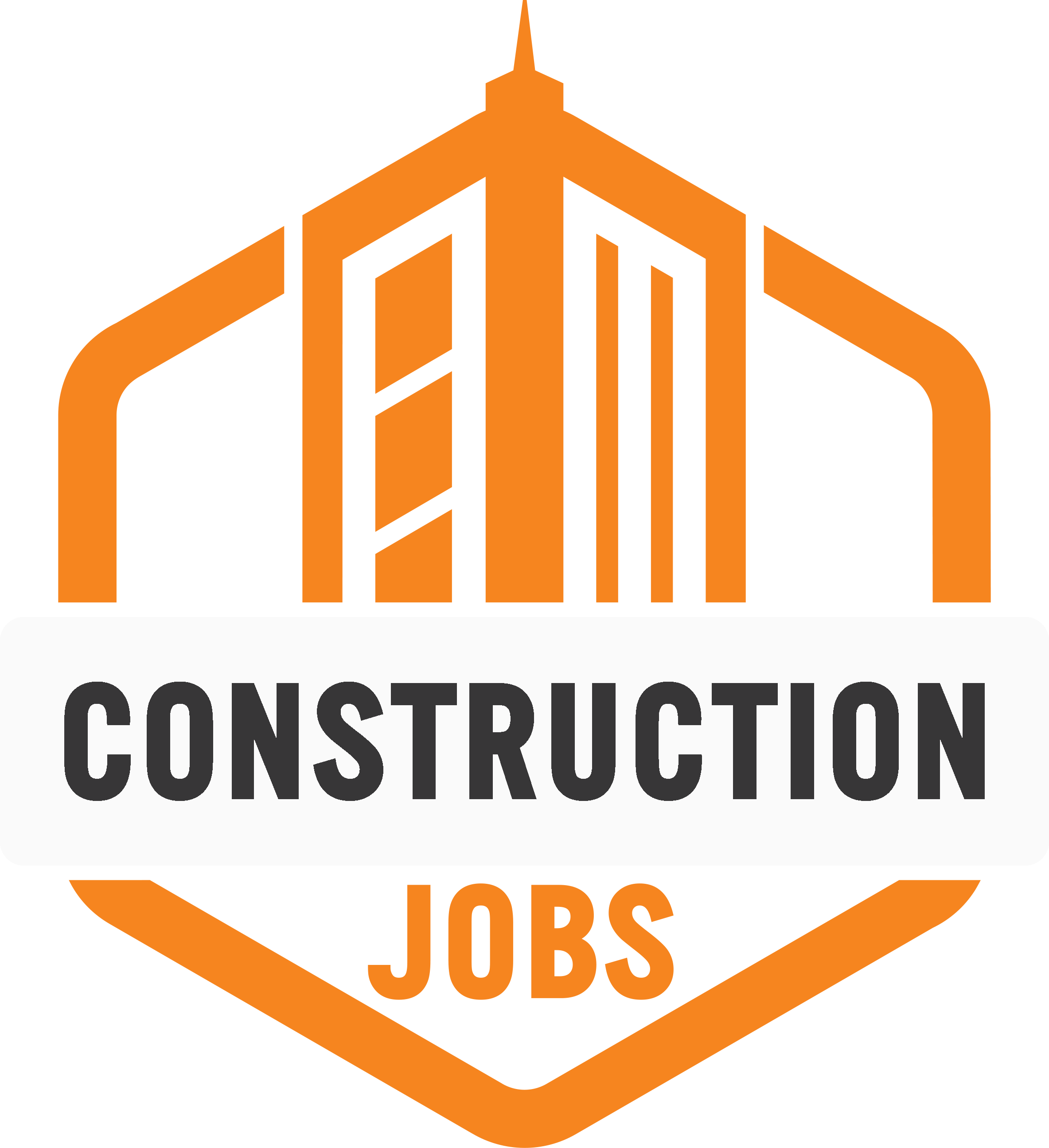7 Well-Paying Construction & Manufacturing Jobs That Don't Require a College Education
Explore 7 well-paying construction and manufacturing jobs that don't require a college degree.

Going to college for four years isn’t for everyone. However, you can still get a well-paying job through other routes. Some positions only require a general education diploma and certificates. Others only need a passion for the industry you’re entering.
Construction companies are facing a labor shortage of nearly 500,000 workers nationwide, so now is a great time to get into the sector. These seven jobs pay well and don’t require a college degree.
1. Solar Panel Installer
The building industry is rapidly headed toward renewable energy as customer demand for it rises. Solar energy has become popular as homeowners can use it to save money on their utility bills and become more energy efficient. The United States’ solar production has increased significantly since a decade ago, but the rise in solar energy means someone needs to install the panels.
A solar photovoltaic installer is an excellent position for those who like to work outdoors. Depending on the company, you’ll need a high school diploma but little experience otherwise. The Bureau of Labor Statistics (BLS) gives this position an incredible growth rate of 27% over the next decade. Solar is in high demand for residential and commercial properties and the federal government’s tax break on solar panels will keep that demand increasing for the foreseeable future.
The growth of solar allows you the opportunity to work with businesses like Constellation. The Maryland-based electric company helps home and business owners lower energy bills by installing solar panels and becoming energy independent. Solar panel installers are valuable employees because they can help owners increase property value with the arrays.
2. Electrician
Some new jobs are surging in the market, but electricians always have been and will be necessary for construction. This profession keeps the lights on in your home and office building, so the state of the economy doesn’t necessarily affect electricians — they’ll always be in demand. The growth rate for electricians is fast, with the BLS projecting a 7% growth this decade.
The U.S. will see about 80,000 job openings for electricians annually, so there are many opportunities to enter this position. If you have no experience, you can increase your chances of getting a job by taking classes at a community college or vocational school. You can also enroll in a training program. Some states — like California — require you to obtain a license before you begin, so check your state’s requirements for training to be an electrician.
Electricians are critical as the world consumes more energy. These professionals help home and business owners reduce their power consumption and lower stress on the power grid. For example, look at companies like Lake Electric near Charlotte, North Carolina. Their electricians work with clients to develop an energy-efficiency plan for their homes.
3. Construction Laborer
Being a laborer is an excellent way to get your foot in the door of construction. These workers perform various tasks around the construction site and use physical labor to get the job done. You’ll find yourself working on different types of buildings in varying weather conditions. A laborer is an excellent start to finding other career paths because you’ll dip your toes in various sections like carpentry, electrical, and plumbing.
Construction laborers need skill with their hands and machinery, and you can find these positions with numerous businesses. For example, you can work as a laborer with publicly traded construction companies, such as the Turner Corporation, Bechtel, and Fluor. These companies have worked on Madison Square Garden, the Hoover Dam, and other famous structures.
The need for construction workers is high, with nearly 170,000 openings expected annually for this decade. The pandemic caused the industry to lose over a million workers. Construction only recovered about 80% of those jobs, leaving a massive gap for companies nationwide. Construction laborers are in high demand, so now is an excellent time to pursue this role.
The worker shortage has led many construction companies to adopt artificial intelligence and autonomous technology. Construction robots assist laborers with repetitive tasks and improve safety. Modern laborers often work with drones and virtual designs to improve accuracy and ensure structural integrity. Understanding these technologies improves your resume and career as the industry evolves.
4. Plumber
Like electricians, plumbers are essential for the construction industry. These workers design and install water systems for residential and commercial buildings, ensuring they’re up to code to provide healthy water for everyone. Plumbers have become critical in the past couple of decades with increasing droughts. These experts help buildings conserve water amid shortages, especially in the American Southwest.
For example, Bluefrog Plumbing in San Antonio helps those in south Texas with their water conservation. They assist clients with water leaks and install efficient equipment like low-flow faucets.
To become a plumber, you’ll need to get a license to practice in most states. Currently, all states except New York, Pennsylvania, Wyoming, Missouri, and Kansas require you to obtain certification with the state government. Plumbers typically enter the industry through apprenticeships, but you’ll also have the option for programs at a technical school. The training lasts three to five years.
5. Carpenter
Carpentry is a worthwhile job for this list because it gives you various options in the construction and manufacturing industries. You could build and install somebody’s cabinets, or find yourself working on ships for cruise lines and freight companies. Carpenters will stay in high demand in the next decade, with over 90,000 openings annually.
Carpenter jobs are unique because many require on-the-job learning through an apprenticeship — you won’t see many that require an official certification or prior experience. The training can take two years, depending on the program. You can also find carpentry classes at technical schools and community colleges to boost your chances of finding a job.
Carpentry allows you to practice sustainability in your professional career. For example, Contour Construction in Omaha, Nebraska, advocates for environmentally friendly practices like responsible wood sourcing, purchasing recycled products, and reducing waste.
6. Equipment Operator
The houses and skyscrapers you see don’t build themselves — they require cranes, bulldozers, excavators, and more. Construction sites also need somebody to operate the machines. Heavy equipment operators are in demand nationwide. These positions offer solid pay for spending your day at the construction site handling complex machinery. The outlook for equipment operators is promising, with a 5% growth rate this decade and 50,000 openings annually.
Equipment operators need training before they climb aboard a bulldozer. You’ll need a commercial driver’s license and various certifications to operate the machines. Equipment operations allow you to take multiple routes to get to the job, including apprenticeships, technical school, and classroom training. There are many Occupational Health and Safety Administration guidelines to learn, so it may take four years to get to your first job.
Specialized jobs like crane operators can lead to high-paying jobs early in your career once you get the certification. West Coast Training in Woodland, Washington, can give you the skills and hands-on experience you need to succeed immediately as a crane operator.
7. Welder
Another essential job in the construction industry is the welder. If you like joining metals with special tools, this position may be the one for you. Construction companies depend on welders to weld steel beams, pipes, and other pieces to support large buildings. Welding also provides opportunities in different sectors like auto manufacturing or plane building. It’s a common trade in America, and you can make good money without a degree.
Prospective welders typically start at a community or technical college that will offer programs. Upon completion, you’ll receive an associate degree or certification that shows you’re ready to step into the welding world. Most welding programs take about six or 18 months to complete, a shorter span than other jobs on the list. Eventually, you can branch out and take on more lucrative roles like underwater welding.
Welding can take you anywhere in the US and worldwide, and you may find yourself working for industry leaders. For example, companies like General Electric, Space X, Boeing, Caterpillar, and more constantly need welders and pay good wages for these employees.
No Degree? No Problem in Construction and Manufacturing
What do Jay Z, Bill Gates, and Ted Turner have in common? All three achieved their status without a college degree. College is a worthwhile experience, but it might not be for everybody. There are numerous opportunities to enter the workforce without a degree. Considering the labor shortage and impending retirements, jobs are plentiful in construction and manufacturing. Use these seven jobs to enter the industry and earn a solid paycheck.
Author: Rose Morrison is a freelance writer in the construction industry and the managing editor of Renovated.
- Share This →

